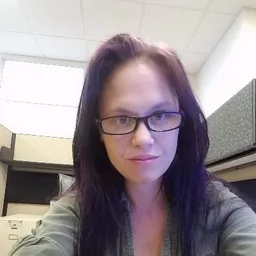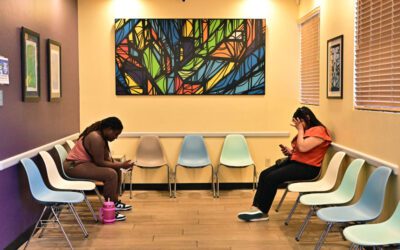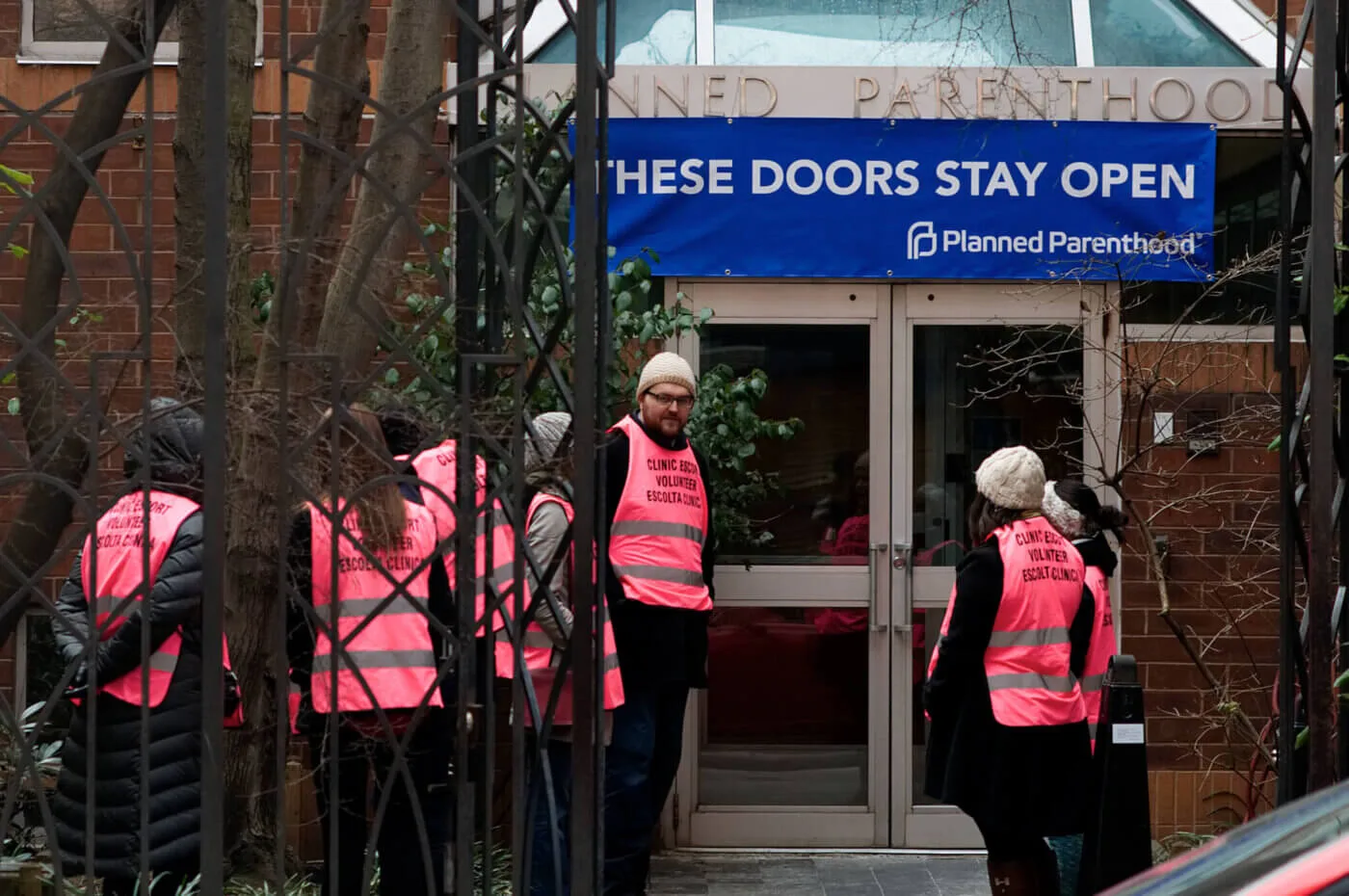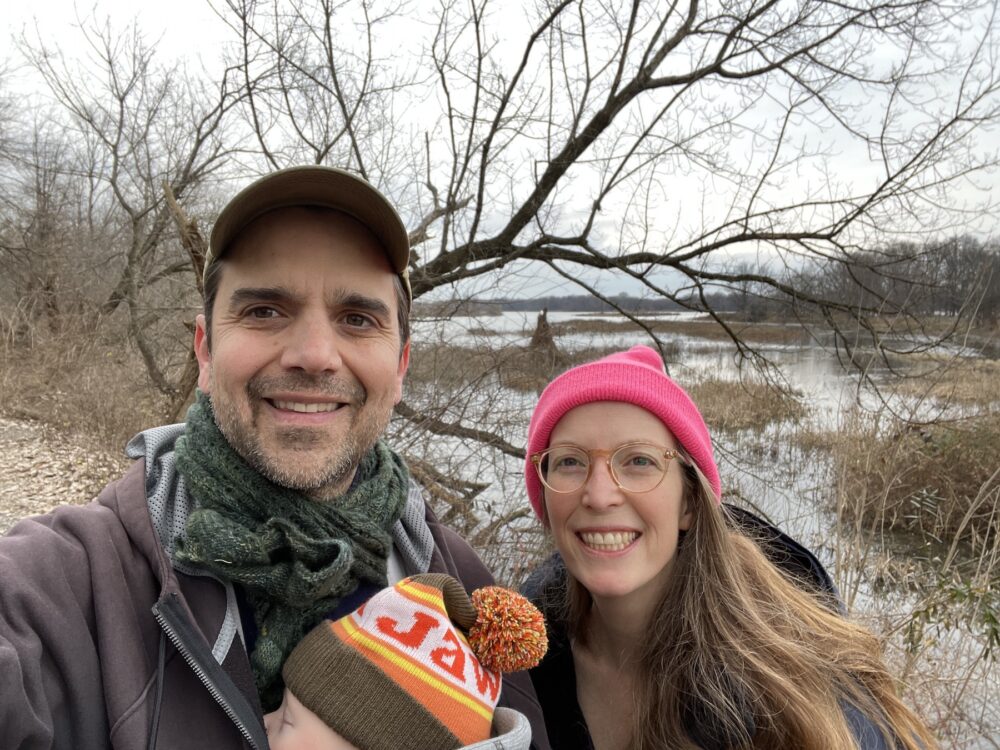
Andrew Jones and Eliza Hardy Jones
A Pennsylvania couple’s family happened through abortion and IVF. Here’s their compelling story.
For most of Eliza Hardy Jones’ life as a young adult, she didn’t want to be a mother.
“For women, there is this intense pressure to have a baby,” Hardy Jones said. “We are conditioned to believe that every other dream we have is only a temporary distraction from our true human purpose, which is motherhood. At first, I didn’t want that.”
A talented multi-instrumentalist and songwriter based in Philadelphia, Hardy Jones said she felt fulfilled for many years—until that feeling changed, and she developed a deep longing to be a parent.
In 2017, at the age of 36, Hardy Jones and her husband, Andrew Jones, decided to have a baby. They started trying naturally, but to no avail.
“I started seeing doctors and got diagnosed with a few different health issues that were certainly contributing to my inability to do it on our own,” Hardy Jones said. “So then we just started with really simple interventions to get my health in order and then that escalated to doing IUIs [intrauterine insemination], and then eventually that escalated to doing IVF.”
In vitro fertilization, or IVF as it’s commonly called, is a medical technique where an egg is fertilized by sperm outside the body. Then a procedure is done to place one or more of the fertilized eggs, called embryos, in a uterus, which is where pregnancies develop.
The first time Hardy Jones underwent IVF, just one potentially viable embryo was retrieved—but it had genetic abnormalities that were so severe, undergoing the implantation procedure likely wouldn’t have resulted in a pregnancy.
“That was the first defeat,” Andrew Jones said.
The second time, three viable embryos were retrieved during IVF. While the number was small, both Hardy Jones and her husband were hopeful.
However, after implantation Hardy Jones had an incomplete miscarriage. That’s when some of the fetal cells leave the body, but others do not and they continue to grow. Hardy Jones underwent a dilation and curettage (commonly referred to as a D&C) to remove all of the fetal cells from her uterus. Unfortunately, the D&C did not work because the pregnancy was not in her uterus. Instead it was an ectopic pregnancy—a potentially life-threatening emergency that can cause major internal bleeding. The whole process took about five weeks of constant appointments, blood tests, procedures, and medications before the ectopic pregnancy was effectively terminated.
“It’s very dangerous,” Hardy Jones said. “I had to have a lot of intervention to sort of bring a close to that chapter which was incredibly difficult physically and emotionally.”
In the end, Hardy Jones and her husband ran out of embryos and ran out of options.
“We decided that that would probably be it for us,” Hardy Jones said.
But then one of Andrew’s oldest and closest friends called. He and his wife had also gone through IVF about seven or eight years earlier and still had one leftover embryo they had been storing. They asked Hardy Jones if she wanted it.
After careful consideration and thought, Hardy Jones accepted the embryo. Now, she and her husband have a 6-month-old baby boy.
“It has been a difficult process,” Hardy Jones said. “Having this opportunity to have this kind of joy in our life is amazing.”
According to the most recent data from the US Department of Health and Human Services, 2.3% of all infants born in the US in 2021 were conceived via IVF or other forms of similar assisted reproductive technology.
IVF became a political talking point in February of this year, when the all-Republican Alabama Supreme Court ruled that frozen embryos in Alabama would be considered children under state law. Legal scholars worried that the ruling set a precedent for similar decisions across the country, in the wake of the US Supreme Court’s decision to overturn Roe v. Wade in 2022. The Roe decision had protected the fundamental right to an abortion in the US for nearly 50 years. Since Roe was overturned, Alabama has had a total abortion ban in place.
The state of Alabama recently passed legislation to protect access to IVF procedures, but some representatives of IVF clinics there say they don’t feel comfortable continuing to offer services in such an unstable environment.
Many fear that what happened in Alabama could spill over into other states, such as Pennsylvania. In fact, US Rep. Guy Reschenthaler—a Republican from Allegheny County—is a cosponsor of the Life at Conception Act, which defines a human being as including “all stages of life, including the moment of fertilization.” The bill is currently sitting in the Judiciary Committee awaiting consideration.
On the other side of the aisle, US Rep. Susan Wild—a Democrat from Lehigh County—introduced the Access to Family Building Act, which would protect IVF rights nationally. The bill was originally referred to the Energy and Commerce Committee, which then referred it to its Health subcommittee.
“[IVF] is a thing that is so difficult and so hard, but when the Alabama decision came out, I just remember thinking if at somewhere in that journey somebody told me that I had to stop right now and I couldn’t keep trying, if a lawmaker arbitrarily decided that I’m not allowed to do this anymore, it would have absolutely broken me,” Hardy Jones said.
While the process was hard and grueling, Hardy Jones said she was able to get through it with the help of the attentive, loving, and caring medical professionals who supported her throughout everything. Hardy Jones said she couldn’t imagine having to cross state lines to obtain an abortion from a stranger or to complete the IVF process.
“I feel disgusted by the idea that we have, as human people, done such an incredible job of developing medical treatments, of developing medical options so that people who couldn’t hear can now hear,” Hardy Jones said. “That people who couldn’t see can now see. That people can get cancer treatments and all these other wonderful medical advances. How can you arbitrarily choose one piece of the medical industry and say, ‘Well, this is what happened to you and you deserve it. It’s what God wanted for you and you’re not allowed to seek treatment. You are not allowed to seek a new technology that would help you live the life you want to live’.
“Every other aspect of our health we are given those opportunities. Nobody ever said to me, ‘Well hey, you have thyroid disease and we feel like that was God’s plan for you so you are not allowed to treat your medical condition.’ Of course, no one would ever say that to me. It’s such an arbitrary choice to say [IVF] is the one piece of human advancement that we are not allowed to take advantage of. That we are not allowed to seek medical care that would give us the opportunity to live a full and happy life when every other piece of our health and well-being we are allowed to access that care.”
Echoing his wife’ sentiment, Andrew said it infuriates him to think that some lawmaker could get to make a decision for his family.
“Of all the times for some completely ignorant politician to try and be messing with people’s lives and making their decisions for them, as if the people involved haven’t put so much thought into it and weighed everything out so much more than any politician would,” Andrew said. “It’s the ultimate time when everyone should be staying out of a personal life and decision.”
At the age of 43, after an emotionally and physically draining process, Hardy Jones became a mother.
“I get to have a baby because I was able to have an abortion procedure,” Hardy Jones said. “I get to have a family because I was able to go through IVF. I get to have a baby because a friend of mine was able to go through IVF and store their embryo for as long as they felt comfortable. This idea that it is unholy or that this is not a beautiful thing is absurd. There are a lot of ways to have babies and this was our way and what a beautiful gift we get to have in our lives.”
Support Our Cause
Thank you for taking the time to read our work. Before you go, we hope you'll consider supporting our values-driven journalism, which has always strived to make clear what's really at stake for Pennsylvanians and our future.
Since day one, our goal here at The Keystone has always been to empower people across the commonwealth with fact-based news and information. We believe that when people are armed with knowledge about what's happening in their local, state, and federal governments—including who is working on their behalf and who is actively trying to block efforts aimed at improving the daily lives of Pennsylvania families—they will be inspired to become civically engaged.

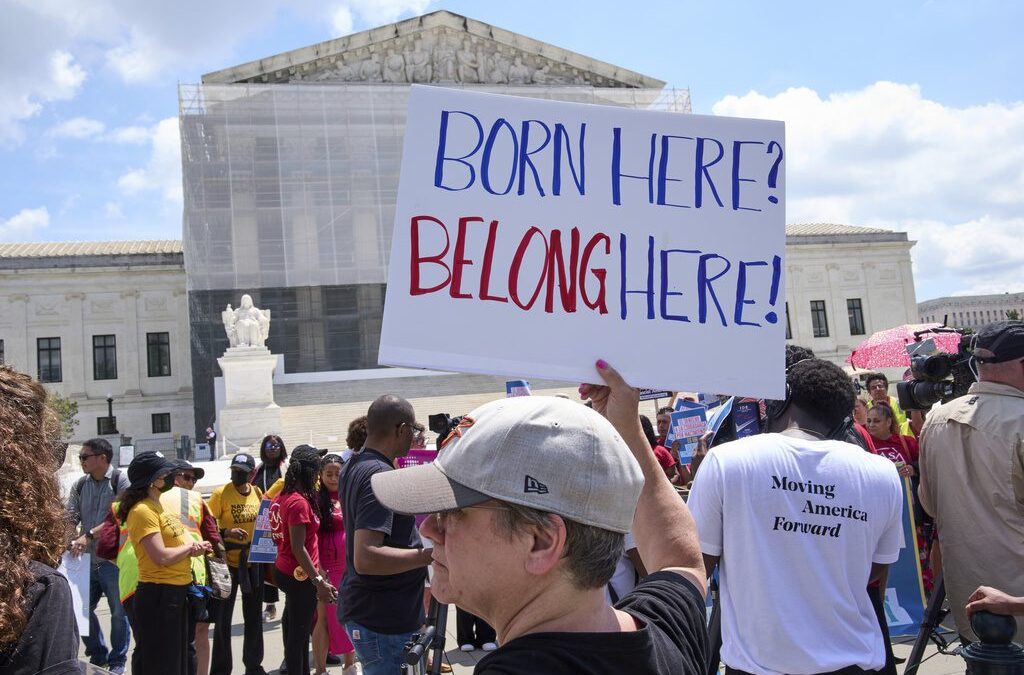
Supreme Court limits nationwide injunctions, but fate of Trump birthright citizenship order unclear
WASHINGTON (AP) — A divided Supreme Court on Friday ruled that individual judges lack the authority to grant nationwide injunctions, but the...

Contraception is health care: Pennsylvania House passes bill to expand birth control access
With employer-provided insurance no longer required to cover birth control, many in Pennsylvania are struggling to pay for necessary medical care....

Trump administration revokes guidance requiring hospitals to provide emergency abortions
WASHINGTON (AP) — The Trump administration announced on Tuesday that it would revoke guidance to the nation's hospitals that directed them to...

From clinics to crisis: Pennsylvania women will feel the pain of Medicaid cuts
In Pennsylvania, about one in every five women of reproductive age is enrolled in Medicaid. Dozens of family planning clinics throughout the state...

House GOP fast-tracks budget bill that would cut off Medicaid funding to Planned Parenthood
The budget package proposes steep health care cuts—and includes a new push to block patients from accessing reproductive care. In a 30-24 party-line...

